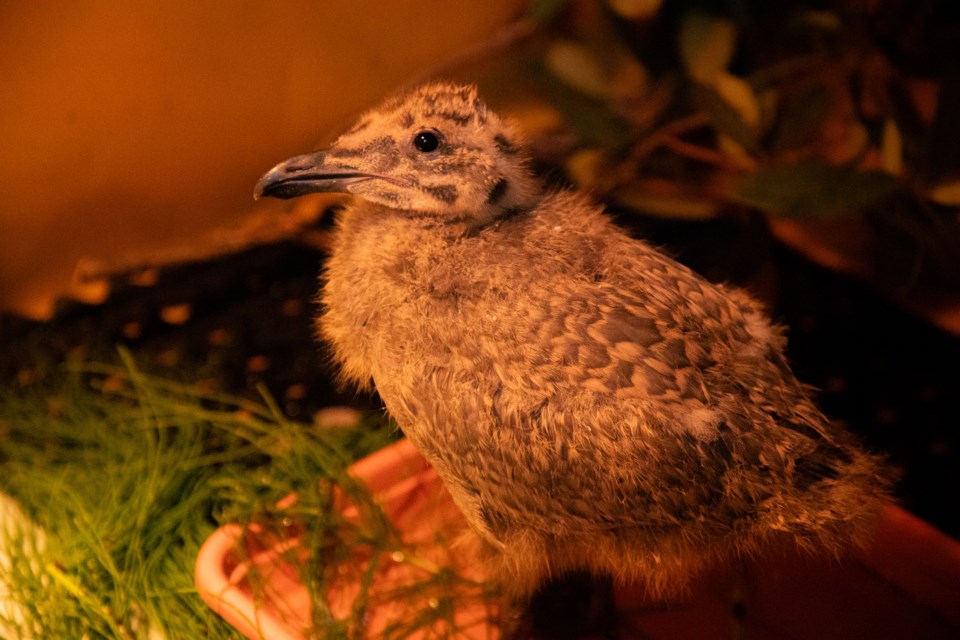With a , Wildlife Rescue is responding to an increasing number of reports concerning wildlife affected by the extreme temperatures.
In recent summers, Wildlife Rescue has noted a rise in reports of animals impacted by heat. "A couple of decades ago, this wasn't something we experienced. Now, we receive calls about baby gulls on rooftops suffering under the scorching temperatures, young bats grounded after leaving overheated colonies, and numerous other animals struggling to find water and refuge from the sun during extreme heat waves," explained Jackie McQuillan, Wildlife Rescue’s Support Centre manager.
Signs of overheating in birds include open-mouthed breathing, appearing fluffed-up, or showing signs of lethargy. Nestlings sometimes prematurely leave their nest boxes due to overheating, while fledglings may wander away from their parents in search of cooler environments and water. Dehydration poses a significant threat to all wildlife on hot days.
With worsening wildfire seasons, British Columbia's wildlife confronts an escalating crisis. Within urban settings especially, animals struggle to find relief from extreme heat.
"During wildfire season, animals displaced from their habitats face severe risks in urban areas like Metro Vancouver, including collisions with windows, conflicts with humans, competition for limited resources, and increased predation risk from pets," noted McQuillan.
The public can assist wildlife by providing a bird bath or shallow water dish for birds to cool off in. Temporary shade can be offered by positioning household items outside for birds to seek shelter under. Longer-term strategies include planting native trees and shrubs and incorporating permanent shade structures in outdoor spaces to create cool, sheltered areas for local wildlife.
"While these steps help animals cope during heat waves, donations to Wildlife Rescue enable us to provide emergency medical care crucial for the recovery of affected animals," added McQuillan.
The organization urges the public to remain vigilant this summer and promptly report encounters with distressed wildlife to the .
This article was written by Elin Molenaar, the communications assistant at Wildlife Rescue Association.




